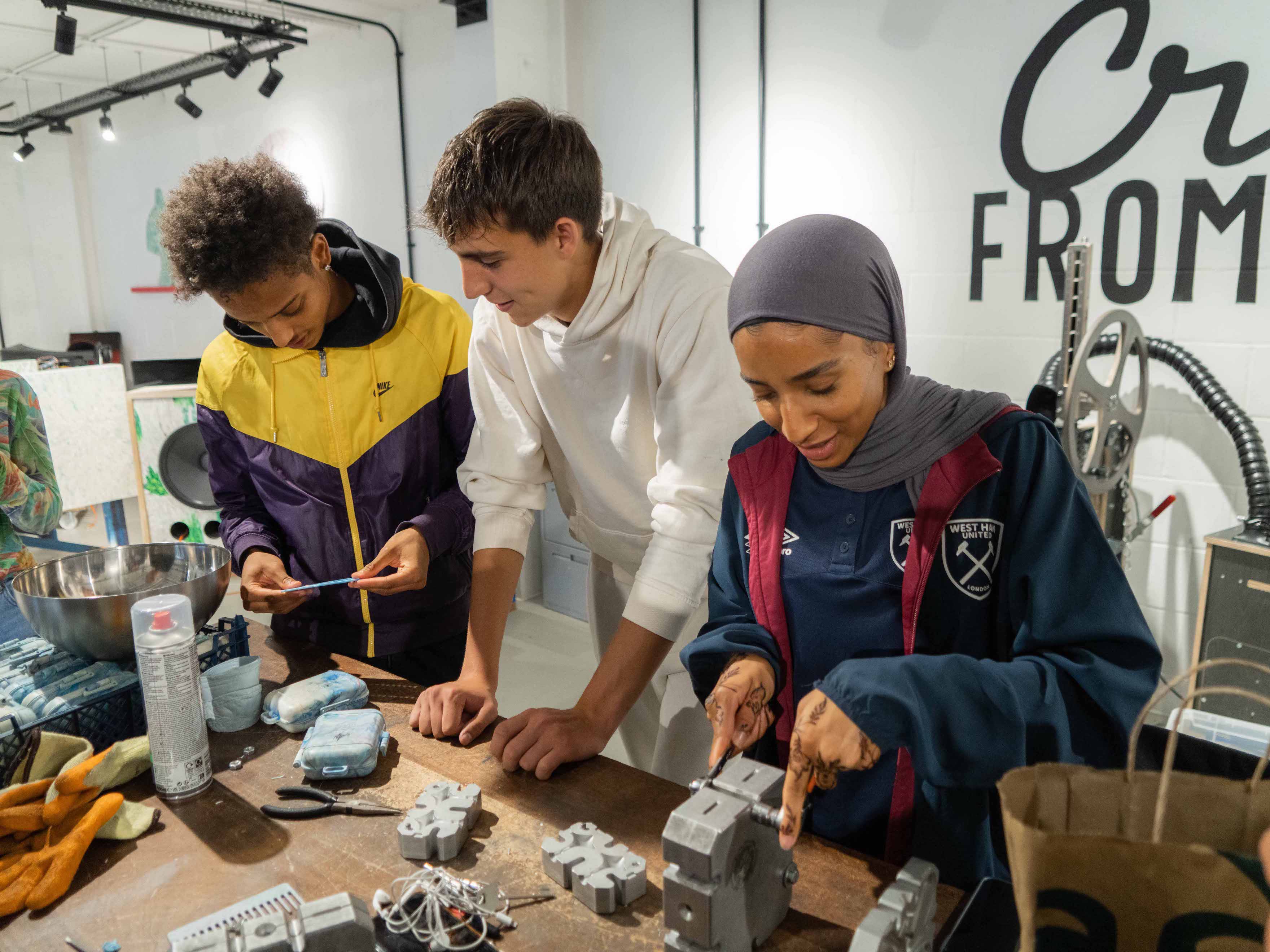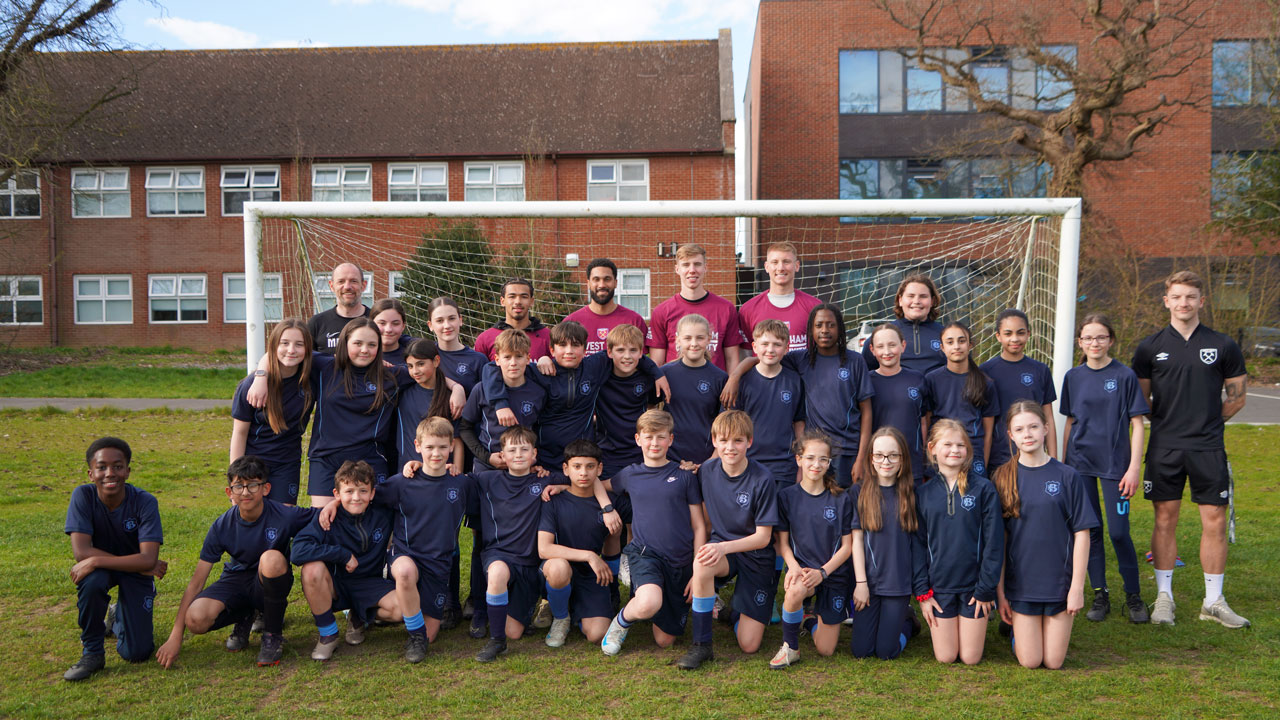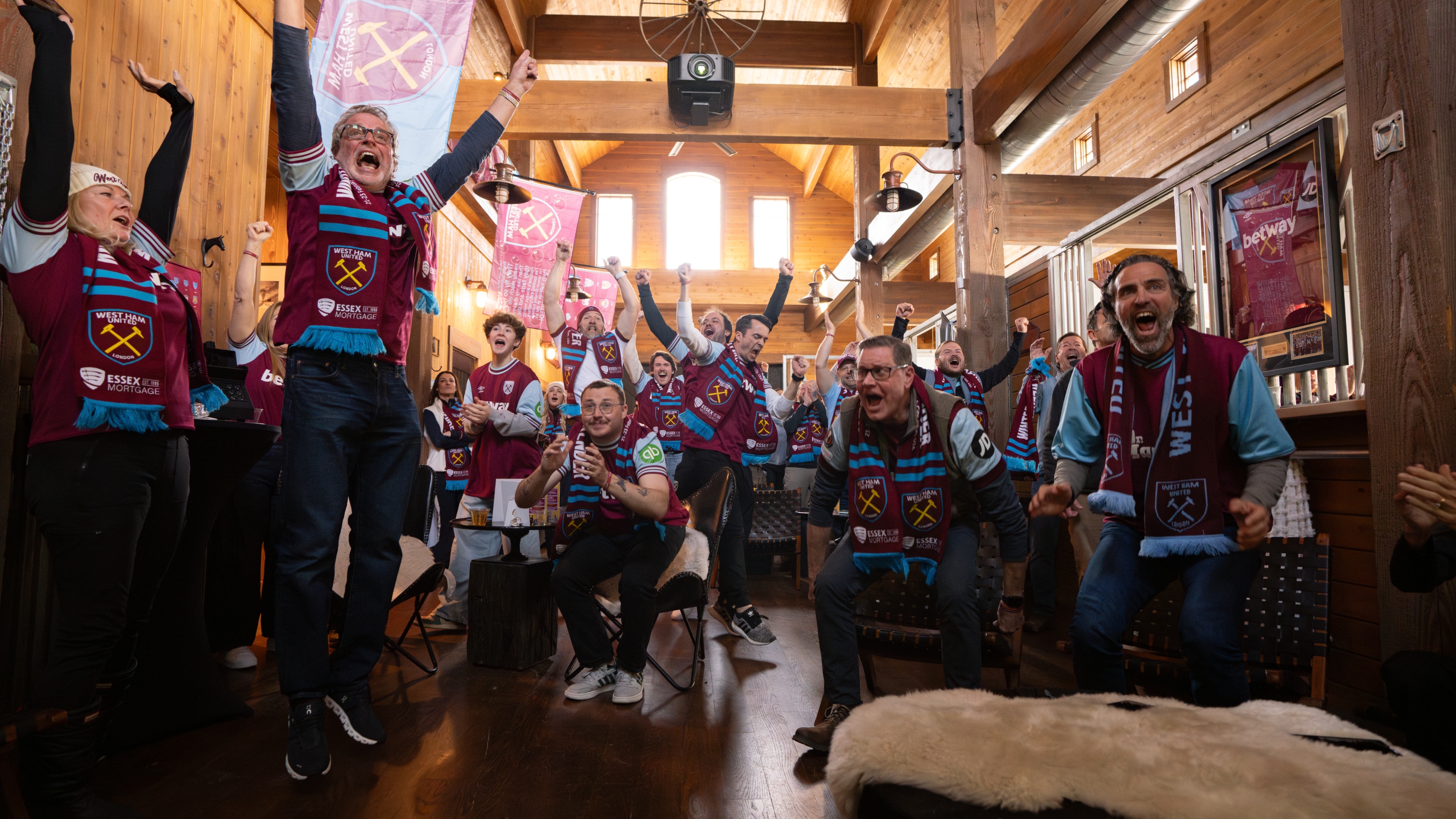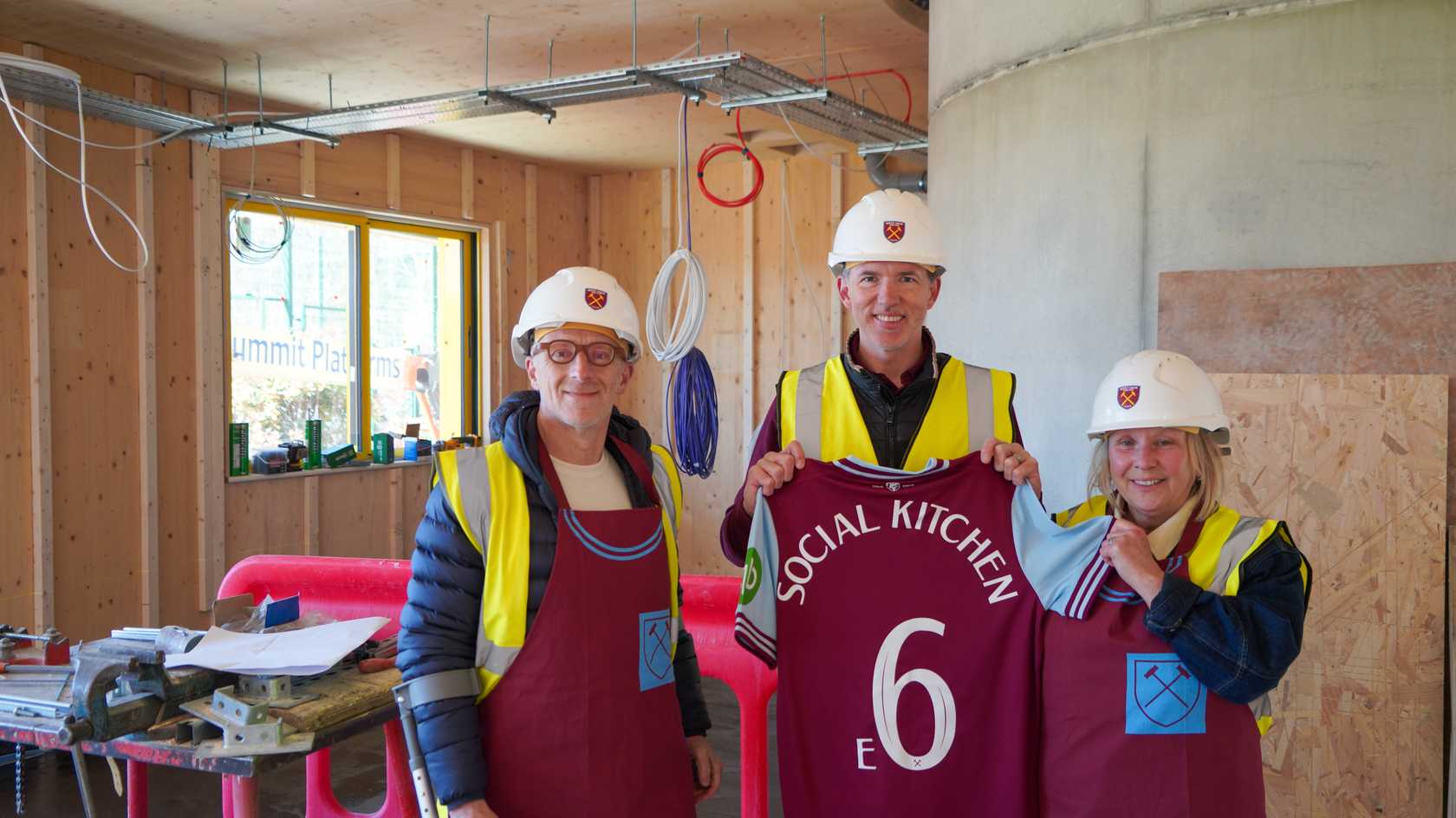In the heart of London's vibrant consumer district, amidst the hustle and bustle, one company stands strong in their dedication to make a positive impact on waste management and combat the environmental challenges posed by local industries.
Operating in workshops in Soho, 'Are You Mad', has been rapidly gaining momentum since its inception just under a year ago. Joining forces with renowned high street brands, the non-profit organisation has ignited a transformational mission to divert tonnes of plastic waste from the grasp of landfills. Through their innovative approach, they breathe new life into discarded materials, giving rise to an array of everyday products and captivating artwork.
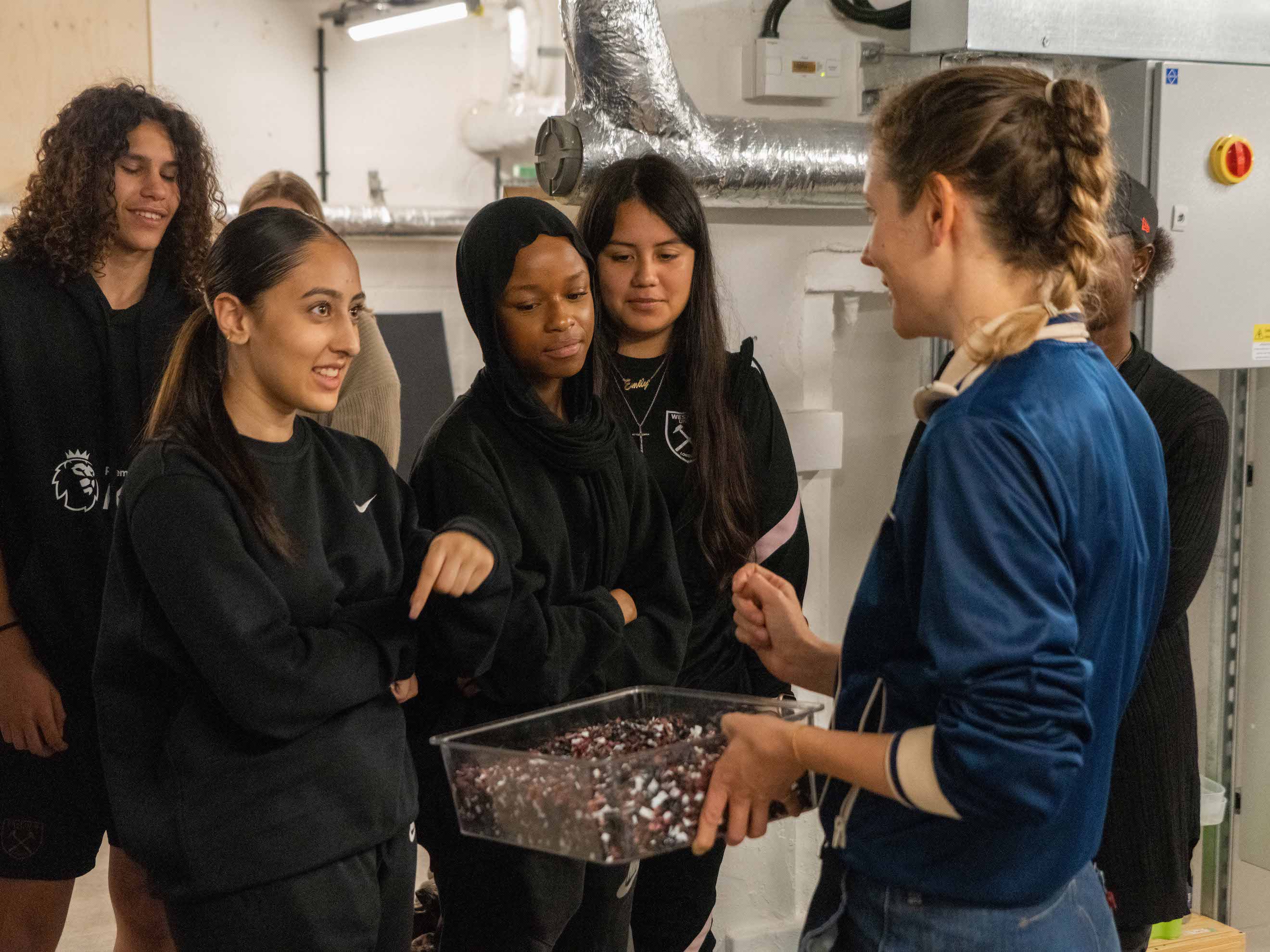
“The project started from having worked for a really long time in fashion and advertising,” said ‘Are You Mad’ Creative Director Lotte Selwood. “My two co-founders and I noticed the sheer amount of waste that was happening in those industries and how much traction and access we were getting by working with big brands.”
“So we thought instead of it being something where you’re just flogging a product and not understanding where that product ends up going, let’s try and use this opportunity of access to create a tool to be able to get consumers and brands more involved in dealing with waste and understanding the materials used in those processes.”
As part of their mission to spread the message of their transformative work and make an impact in communities across London, the West Ham United Foundation’s Premier League Kicks participants were granted exclusive access to the captivating world of 'Are You Mad.' In the heart of Berwick Street, they took a look behind the scenes and experienced first-hand the innovative processes that make their project so unique.
“It was such an intriguing workshop," exclaimed Premier League Kicks participant Alisha. “I loved being involved in every step of the process – dividing up the plastics, shredding them, and witnessing the transformation as they melted into a mould to create my very own item. With the amount of plastic waste that gets discarded on a daily basis, it really opened my eyes to the importance of being environmentally conscious.”
In order to emphasise the importance of a circular economy – instead of the traditional linear ‘take-make-dispose' approach –, the participants actively took part in every step of the process, from the collection of the plastic to crafting the finished product, which included hair combs and coasters.
“By immersing them in the experience, it becomes more of a playful process rather than a guilt-ridden thing of 'you should do this to save the world'," added Selwood. “Hosting young people from community programmes in our workshops allows us to reshape the narrative on sustainability: something you can access and see. It needs to be a tangible process, something interactive and playful, rather than a playboard of to do lists.”
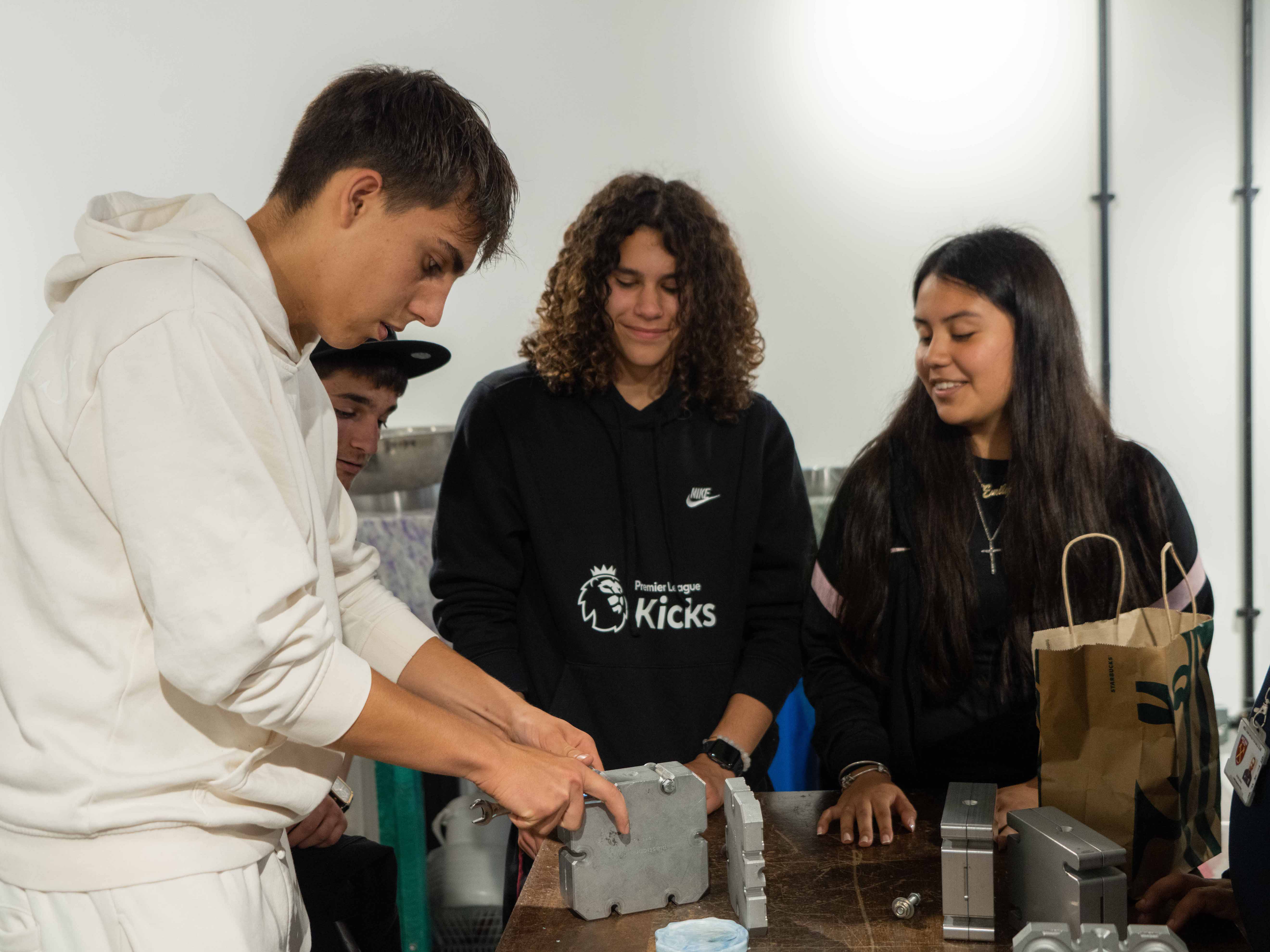
Commenting on the partnership with high street brands and the West Ham United Foundation in particular, Selwood concluded: “We’ve been very focused on working with brands we know youth culture would get involved with and respond to. A lot of recycling and eco-consciousness exists within that demographic, so working with these brands has been really important.
“I think sport is a great unifier. It transcends age, embraces diversity, and threads people together. Having the West Ham platform to amplify our message and extend our reach is fantastic.”
